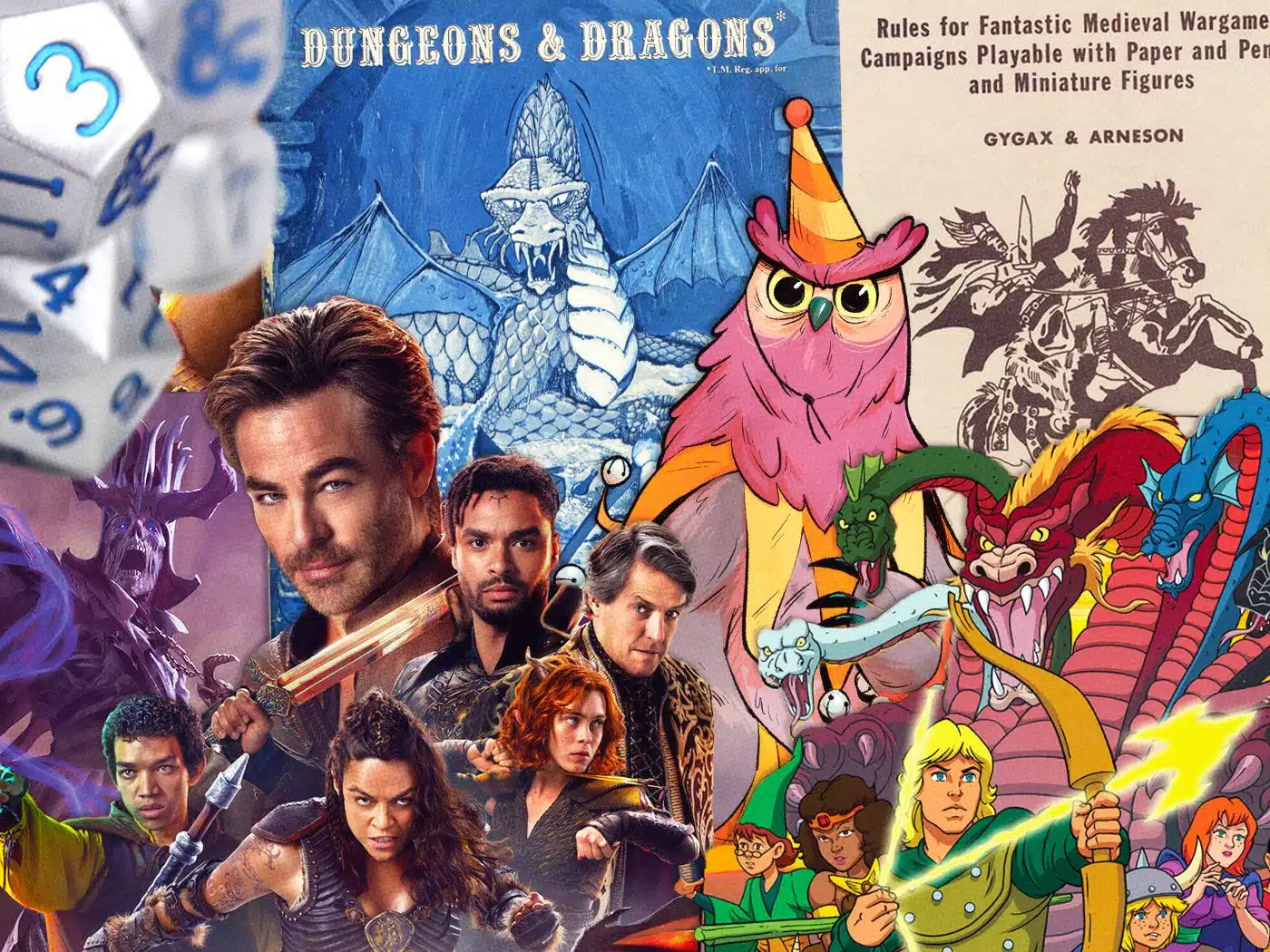Dungeons & Dragons (abbreviated as D&D) has been entertaining and captivating players everywhere since the publication of its first edition in 1974. The tabletop role-playing game challenges participants to use their creativity, problem-solving, and strategic thinking skills to maneuver through fantasy lands and create a unique story with their fellow adventurers. Whether you are a veteran D&D enthusiast who needs a refresher or someone brand-new to the hobby, you may be surprised at all there is to learn about the venerable gaming system. This blog post will discover some interesting facts about D&D that you probably didn’t know.
1. Cultural Impact
Dungeons & Dragons is a rich world filled with diverse races and cultures. From the proud Dwarves, graceful Elves, and clever Gnomes to the common language all share. You can learn more from https://www.nerdsandscoundrels.com/deep-speech-5e/ on the different languages of the game. These cultures and languages have become so popular that they’ve been featured in TV shows, movies, music videos, and video games.
Many D&D fans have been inspired to create art, music, and films in homage to the game. It’s also given rise to conventions across the globe for people from all walks of life to gather together and play their favorite tabletop game. Moreover, there is even a D&D-themed cruise that allows passengers to play the game with fellow fans while traveling from port to port.
2. Unexpected Inspiration
Dungeons & Dragons originated from an unexpected source of inspiration. The game’s creators, Gary Gygax and Dave Arneson were avid war game enthusiasts. They drew inspiration from Chainmail, a miniature wargame co-created by Gygax. Chainmail introduced fantastical elements like dragons and wizards alongside medieval tactics.
The duo recognized the potential of blending reality and fantasy. They focused on individual characters and their adventures rather than large-scale warfare. This innovative approach gave birth to Dungeons & Dragons, the first-ever role-playing game. Its immense popularity is a testament to the impact of drawing inspiration from unexpected sources.
3. Banned in Prisons
Dungeons & Dragons has an intriguing history of being banned in certain U.S. prisons. In 2004, Wisconsin’s Waupun Correctional Institution inmate filed a lawsuit after the game was prohibited, claiming it promoted gang-related activity. Prison officials argued that D&D could form close-knit groups, fostering hostility, dangerous alliances, and escape attempts among inmates.
Despite the plaintiff’s argument that the game promoted creativity and strategic thinking, the court ruled in favor of the prison, marking a controversial moment in its history. The ban reflects the challenges of maintaining prison security and the unexpected intersections between popular culture and the criminal justice system.
4. Celebrity Players
A notable player of Dungeons & Dragons is the late Robin Williams, an avid fan of the game. He loved D&D and even wrote about his experience in a column for Dragon Magazine in 1982. In addition, celebrities such as Vin Diesel, Joe Manganiello, Stephen Colbert, Wil Wheaton, and Mike Myers have all professed their love for the game.
It’s fascinating to see people from diverse backgrounds come together to enjoy the same activity, regardless of their personal lives or professions. With captivating storylines, imaginative characters, and intense battles, Dungeons & Dragons has been a popular hobby for decades. Whether you’re experienced or new, there’s always something to learn and explore with a bit of imagination.
5. A Game Saved by Its Fans
In the early 2000s, Dungeons & Dragons was on a downward spiral due to an unpopular edition and lackluster interest in the game. Sales had declined significantly, and D & D would soon become another distant memory of 80s nostalgia. However, sales increased steadily as the gaming community rallied around D&D and helped spread awareness about its potential.
A successful online presence, including the launch of a popular Dungeons & Dragons podcast, helped bring new life to the game and make it accessible to players worldwide. This revival of interest demonstrates fan loyalty’s power in fostering cultural shifts and preserving cherished hobbies.
6. Therapeutic Benefits
Dungeons & Dragons (D&D) has well-recognized mental health benefits and is utilized in therapy. Playing D&D promotes calmness, aiding stress, anxiety, and depression management. It also enhances problem-solving, communication, and creativity, fostering healthy relationships and interactions.
The game also encourages self-expression and helps to build confidence as players take on the role of their characters and navigate through complex situations. Overall, D&D is not just a game of imagination but an activity that cultivates meaningful connections among players and can have therapeutic benefits beyond the session itself.
Dungeons & Dragons has come a long way since its humble beginnings in the 1970s. It has grown from a niche hobby to an iconic game that continues influencing popular culture and inspiring creativity. There are so many more fascinating facts about D&D, but these six key points highlight some of the game’s most interesting aspects. Whether you’re a seasoned player or just a curious onlooker, D&D will continue to captivate fans for many years.
Lucas Noah, armed with a Bachelor’s degree in Information & Technology, stands as a prominent figure in the realm of tech journalism. Currently holding the position of Senior Admin, Lucas contributes his expertise to two esteemed companies: OceanaExpress LLC and CreativeOutrank LLC. His... Read more
